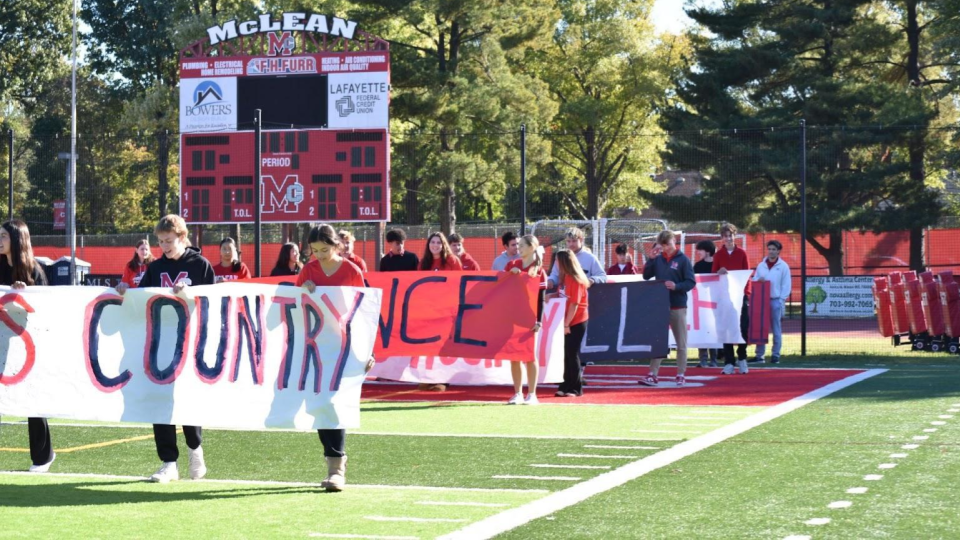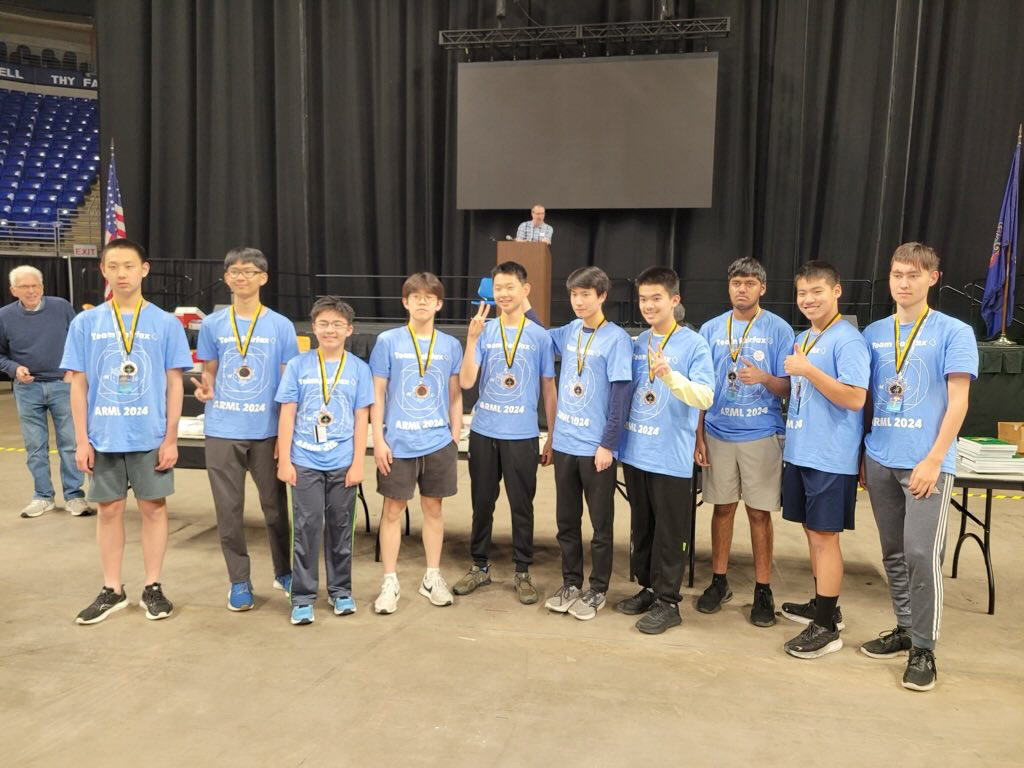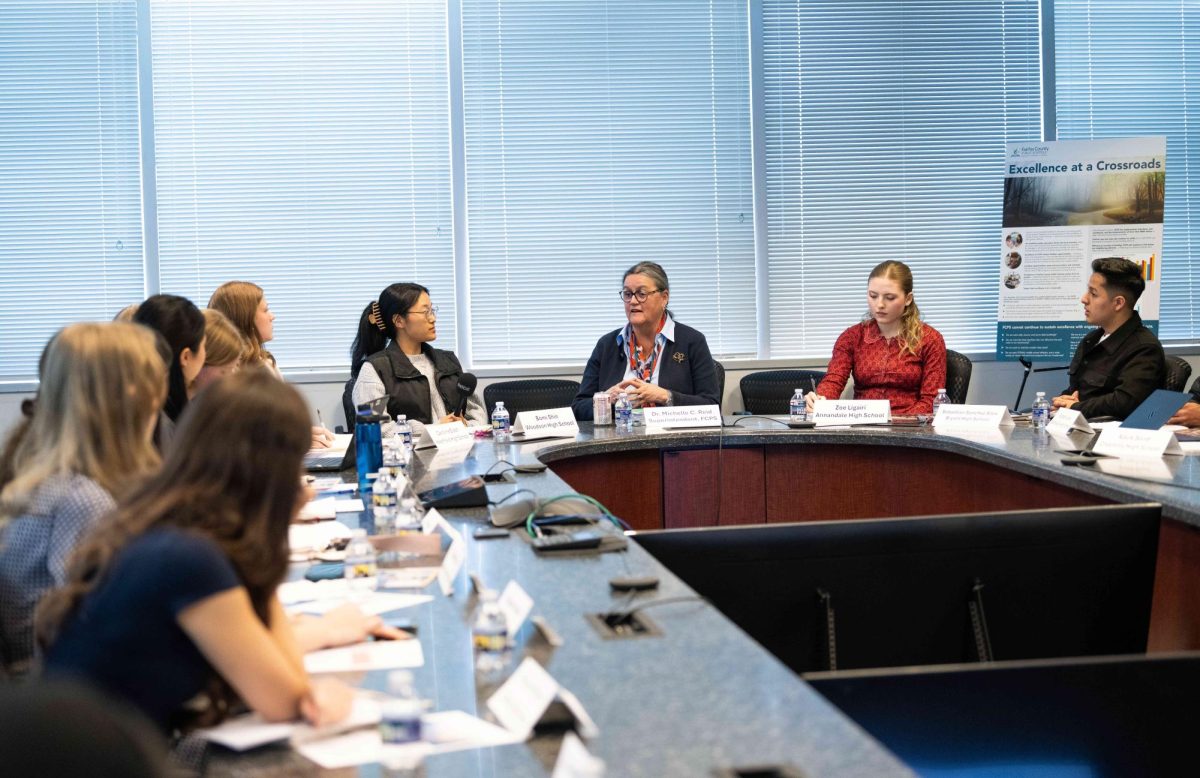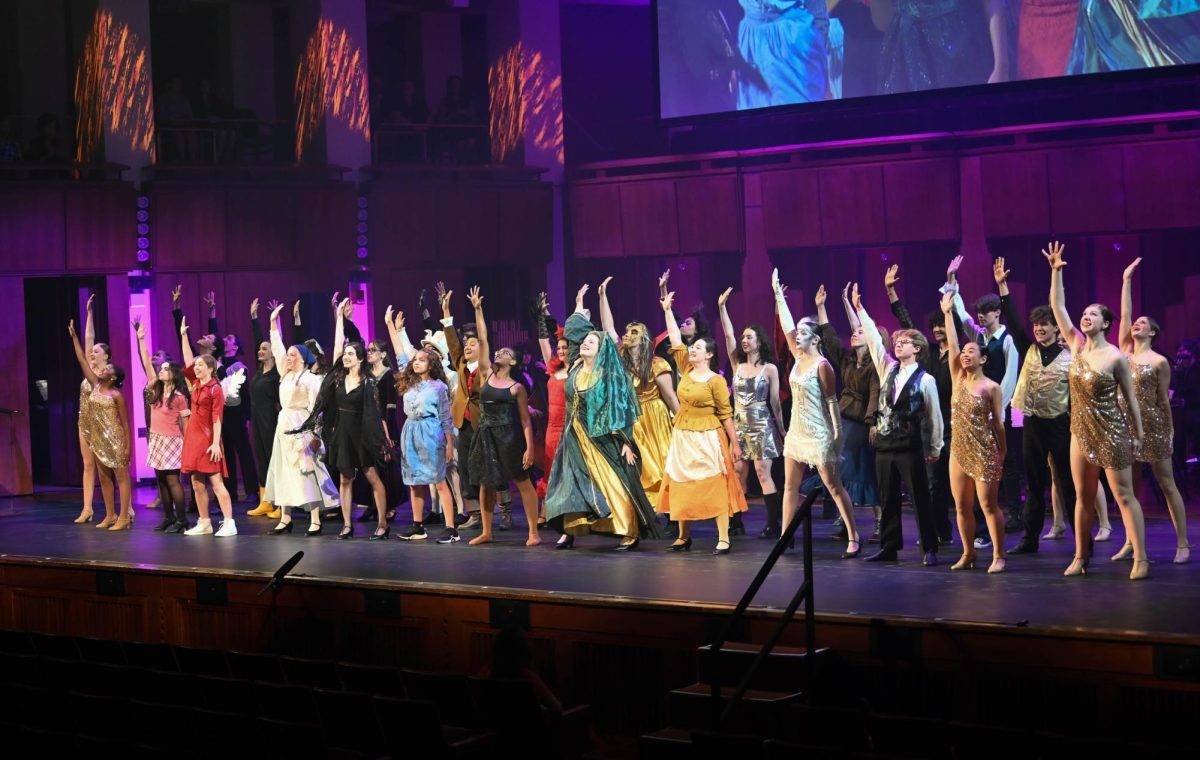Without drawing much attention, McLean Athletics directed its coaches and athletic trainers not to engage in one-on-one online communication with their athletes without the presence of their parents. Although the reminder was not stated to be an official reaction to any recent events, the policy has been brought to the surface these past weeks to remind coaches to enforce professional boundaries with their athletes, especially to prevent any unwanted incidents.
Still, the reminder coincides with two recent arrests at neighboring Langley High School for sex-related crimes. On Oct. 11, a student caught instructional teacher David Scalea, 40, masturbating under his desk. Scalea was promptly reported to Langley’s school resource officer and arrested by the Fairfax County Police Department. Prosecutors charged him with obscene sexual display and contributing to the delinquency of a minor.
“The actions at Langley definitely have pushed FCPS to make changes to their policies,” said Carlos Janada, a junior at Langley High School who runs cross country and track. “I’m glad that Langley and FCPS are reinforcing this communication ban to protect their students from danger, even if it makes communication with others more difficult.”
Two months earlier, before school started, Langley football coach and business teacher David Clay Murray, 48, was also arrested for sexual crimes. He was charged with five counts of soliciting a minor after he had unknowingly texted a detective posing as a 15-year-old. According to documents obtained by the New York Post, Murray was sexually roleplaying as Santa on the messaging app Telegram.
Most McLean students are well aware of both incidents, due to extensive coverage by local media. However, in a poll of 108 students, 78% say banning one-on-one direct messages with coaches would not make the athletic environment safer.
“There’s a lot of other [actions that can be taken] to help with safety,” junior Rahm Fishman said. “Banning one-on-one texting shouldn’t be as much of a priority.”
Unlike Langley, McLean has not experienced any similar incidents in the past few years. Given the lack of reported sexual crimes at McLean, many believe the ban is an unnecessary precaution that reduces flexibility in student athletes’ tight schedules.
“I don’t like the ban,” said freshman Ivan Nguyen, a setter on the varsity boy’s volleyball team. “There was a time I had to talk to my coach in private about how to improve, but I couldn’t text him one-on-one because of the ban, and I couldn’t email him because I didn’t know his email. If I was allowed to text him, I could’ve resolved the issue much faster.”
Even so, others argue the ban is a solid solution to any potential incident in the future.
“[The ban] is good because it adds a layer of protection because students are not communicating with coaches privately and it prevents bad incidents in the future,” said Leah Ram, a sophomore who plays soccer and field hockey.
Students nonetheless believe that the twin incidents at Langley are concerning, even if they cannot agree on how to address it.
“I thought it was kind of disturbing and uncomfortable that someone so near me did things like that,” Lee said. “We’re students going to school to learn and we are the victims here because school is not for seeing those kinds of things. It is uncomfortable and inappropriate.”









